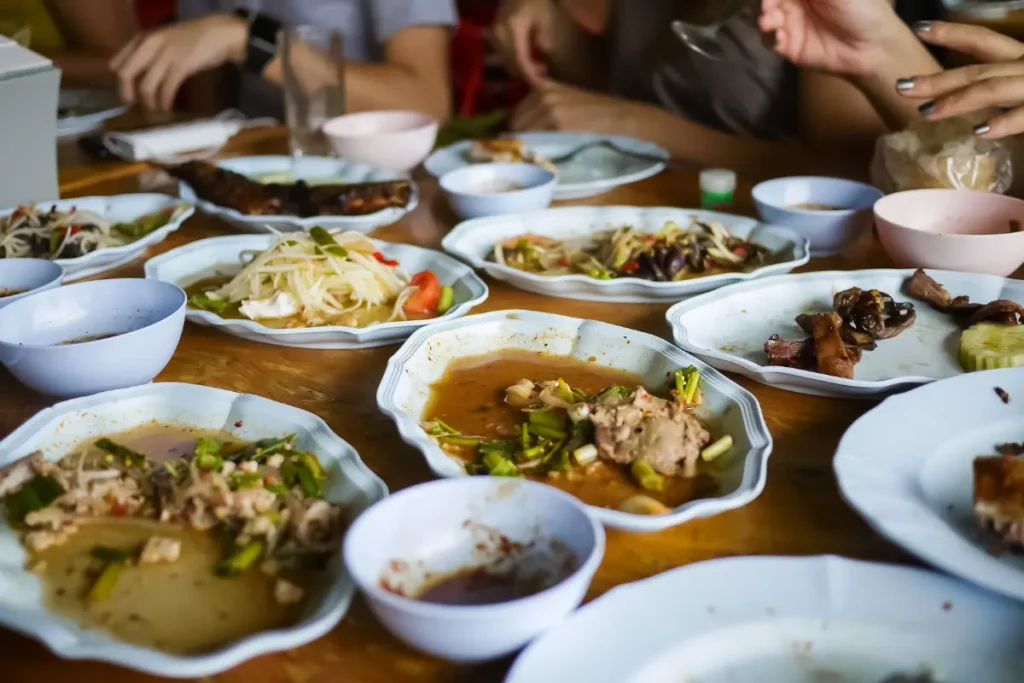In the world of hospitality, few things are as essential—and as complex—as managing waste. Behind every guest’s perfect stay lies a bustling operation that generates significant waste, from food to plastic and energy. Enter the waste management consultant: an expert dedicated to helping businesses tackle these issues head-on through practical, sustainable solutions. With the guidance of hospitality consulting, hotels, restaurants, and resorts are rethinking waste, creating smarter, greener operations that both reduce costs and appeal to eco-conscious guests.
Key Waste Management Challenges in Hospitality
1. Food Waste: An Overlooked Expense

Consider a busy hotel kitchen on a peak night. Chefs are preparing delicious dishes, but in the rush, surplus food is often over-ordered, over-prepared, and ultimately wasted. Estimates show that about 30% of food in hotels and restaurants goes to waste. This has both environmental and financial consequences. A waste management consultant can help businesses develop systems that track food freshness and manage portion sizes to minimise waste, saving money and reducing the establishment’s environmental footprint.
2. Plastic and Packaging: Reducing Single-Use Reliance

Plastic is prevalent in hospitality, from disposable water bottles and cutlery to individually wrapped toiletries. While convenient, plastic and packaging waste build up quickly and are a major environmental burden. A consultant can help introduce sustainable alternatives, like biodegradable packaging, refillable toiletry dispensers, and reusable utensils. These adjustments not only cut down on waste but also enhance brand reputation, appealing to guests who prioritise sustainability.
3. Energy and Water Waste: Hidden Costs of Operations
For hotels, energy and water are substantial expenses, especially in large properties where heating, lighting, and water systems operate continuously. Many hospitality businesses are shifting to more sustainable options, using energy-efficient appliances and smart thermostats to reduce unnecessary usage. Hospitality consulting experts can identify these opportunities, advising on simple but effective solutions like installing LED lights, automated lighting, and water-saving fixtures, helping to reduce costs and environmental impact.
4. Inefficient Waste Segregation: Missing the Mark on Recycling
Without proper segregation, recyclable, compostable, and non-recyclable items often end up in the same trash bin, resulting in missed recycling opportunities and higher disposal costs. A waste management consultant helps businesses implement clear waste sorting systems, training staff and creating guest guidelines to streamline recycling and composting. Efficient waste segregation not only lowers costs but also supports a more sustainable operation, turning waste reduction into a team effort.
Effective Solutions for Waste Management
1. Reducing Food Waste: Smarter Inventory and Donation Programs
A consultant can guide businesses toward smarter inventory systems that track food freshness and minimise excess. For items nearing expiration, many businesses now partner with local charities, donating food to those in need. This dual-purpose approach reduces waste while supporting the community, allowing hotels to make a positive impact.
2. Replacing Single-Use Plastics: A Small Change with Big Impact
Switching to sustainable materials doesn’t just cut costs—it attracts guests who appreciate eco-friendly alternatives. Waste management consultants recommend strategies like refillable toiletries, biodegradable takeout containers, and water refill stations that reduce plastic waste and appeal to environmentally conscious visitors.
3. Energy-Efficient Technologies: Saving Resources and Reducing Costs
Upgrading to energy-efficient appliances, using smart thermostats, and installing LED lights are straightforward but effective ways to reduce resource use. Consultants can help identify energy-saving measures that don’t compromise on the guest experience. Over time, these changes reduce utility costs and demonstrate a commitment to sustainable practices.
4. Implementing Recycling and Composting Systems
Clear waste segregation is key to successful recycling and composting programs. Waste management consultants help establish effective recycling bins and composting systems, creating a smoother process for staff and guests to follow. These systems ensure that as much waste as possible is repurposed, benefiting both the business and the environment.
The Essential Role of Waste Management Consultants

Waste management consultants bring invaluable expertise, guiding businesses to set realistic waste reduction goals and implement practical, impactful solutions. By helping streamline operations and build a sustainable brand, these consultants enable hotels, restaurants, and resorts to transform waste management challenges into opportunities for efficiency and environmental responsibility.
Waste management is a growing concern in hospitality, but it’s also an area full of potential. With the help of waste management consultants, businesses can tackle food waste, reduce plastic reliance, cut energy costs, and implement effective recycling. Through practical solutions and expert guidance, hospitality businesses are turning waste into a valuable part of their sustainability story—one choice at a time.